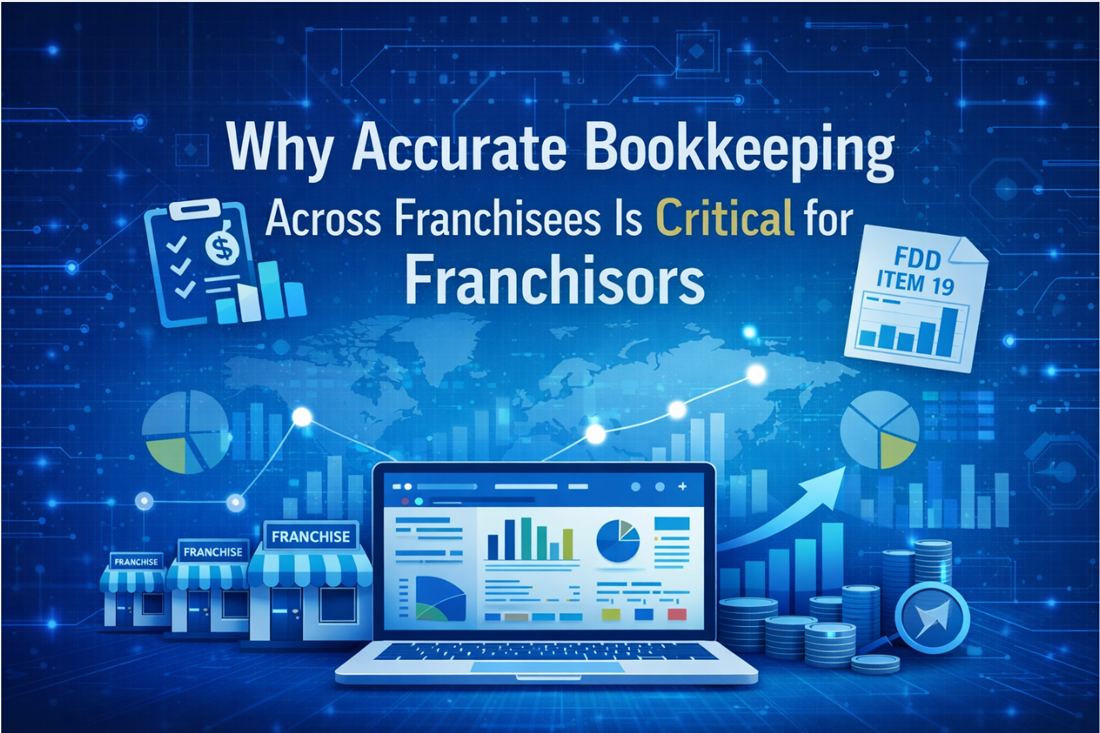Being a business owner comes with dozens of decisions, one of which is your accounting method. Although there are a handful of accounting methods, most business owners choose between two primary types: cash and accrual.
In this article, we’ll explore the main differences between cash and accrual basis accounting, helping you determine which method is right for your business.
What is Cash Basis Accounting?
Cash accounting recognizes revenue and expenses based on when cash is deposited or withdrawn from your bank account. This accounting method focuses on cash inflows and outflows, making it more straightforward for business owners just starting out.
Let’s say that you delivered a product to a customer on December 31, but don’t receive payment until January 2. If your year-end was December 31, the transaction would not be reported in income because the customer did not pay until the next year.
The simplicity of cash basis accounting makes recordkeeping easy for small businesses, closing out the year based on the bank statement. Furthermore, if your business is set up as a sole proprietorship or single-member LLC and you report all income or loss on Schedule C, you will use the cash basis of accounting.
What is Accrual Basis Accounting?
Accrual accounting is more complex, recognizing business transactions based on when contractual obligations are satisfied. To hold invoices and receivables not paid, accrual accounting uses accounts receivable and accounts payable accounts. Furthermore, the Financial Accounting Standards Board recently passed legislation that expanded revenue recognition under ASC 606. There are five steps to recognize revenue, including:
- Identify the contract with a customer.
- Identify each performance obligation, such as installation and ongoing support.
- Determine the contract price.
- Allocate the contract price to each performance obligation.
- Recognize revenue once each performance obligation is satisfied.
Let’s say that you have a contract with a customer with $50,000 for delivery and $25,000 for ongoing support. Once you’ve delivered the product, you’ve completed the performance obligation, which results in the recognition of $50,000 of revenue, even if the customer has not paid yet.
Since accrual accounting doesn’t record transactions based on your bank account, there is usually more work involved for your accounting team. Especially with recent legislative changes, revenue recognition under accrual accounting is subject to more scrutiny.
Comparing Accrual vs Cash Basis Accounting
Accrual and cash basis accounting have some stark differences. Let’s break down these differences, giving you the information needed to decide which one fits your company.
Approved by GAAP
The cash basis of accounting is not a recognized method under Generally Accepted Accounting Principles. This means if you need to issue formal financial statements to your lender or investors, you will need to report on an accrual basis.
However, this doesn’t mean that you can’t use the cash basis of accounting for internal reporting purposes, but you will have more work to convert your financials over to accrual for formal reports.
Insights into Financial Health
Accrual accounting leads to more transparency in your accounting system. If you report under a strict cash basis of accounting, how will you know how much money customers owe you? What about the amounts you owe to vendors? Without tracking detailed schedules, like the accounts receivable and accounts payable aging reports, you can lose track of your cash flow.
Financial health insights are indispensable if your business is trying to grow or improve cash flow. In fact, over 80% of small businesses fail due to poor cash flow. Reporting with accrual accounting helps you better manage transactions in your checking account, promoting strong cash flow.
Required Reporting
Sometimes, you don’t have a choice in which accounting method you use. Schedule C filers are required to use the cash basis of accounting. In addition, c corporations, certain manufacturing businesses, and businesses with an average annual revenue of $25 million over a three-year period are required to use accrual accounting.
Furthermore, if your business is required to issue certified financial statements, such as through a compilation, review, or audit, you will need to use accrual accounting. This is common when you take out financing from investors and financial institutions.
Tax Reporting
Since accrual and cash accounting have different procedures for recognizing income and expenses, your taxable income can vary between the methods. The cash basis of accounting gives you more flexibility in the timing of revenue and expenses. For example, if you receive a large check from a customer on December 31, but it doesn’t clear until January 1, that income will be deferred until the next year.
With the accrual basis of accounting, the check would be reported in income, regardless of when it clears the bank. It’s important to note that both accounting methods will result in the same taxable income eventually. However, the timing of transactions will differ each year.
Choosing Your Method
Which method sounds right for your business? By default, most businesses start out using the cash basis of accounting. For Schedule C filers, the cash basis of accounting is non-negotiable. On the contrary, business returns select their accounting method on the first filed tax return. The default method is cash accounting. Double-check your business return to see what you are filing as.
Some business owners also choose to utilize a combination of both accounting methods, known as modified accrual. In this hybrid method, revenues are only recognized when they are measurable and available. For example, if it’s too hard to assign a price to each contractual obligation, you might decide to recognize revenue when the entire contract is complete. Expenses take a different approach, being recorded on an accrual basis of accounting since they are always measurable when they are incurred.
As your business begins to grow or you need to issue formal financial statements, switching to a full accrual basis of accounting might make more sense. To make the switch, you will need to file Form 3115 with your tax return. This will result in a change to your opening equity balance with either an income increase or reduction in the current year to convert your records over. Accounting method conversions can be complex, which is why it’s best to work with an expert throughout the process.
Getting Started
Whether you are looking for more information surrounding accounting methods or are ready to make the switch on your next tax return, reach out to xendoo today. We can help you navigate converting your accounting records and reporting accurate tax returns, as we have the expertise to manage all three types of accounting methods
Whether you are looking for guidance on cash accounting, accrual accounting, or a combination of both, our team at xendoo has you covered. Reach out today to schedule your free consultation.









